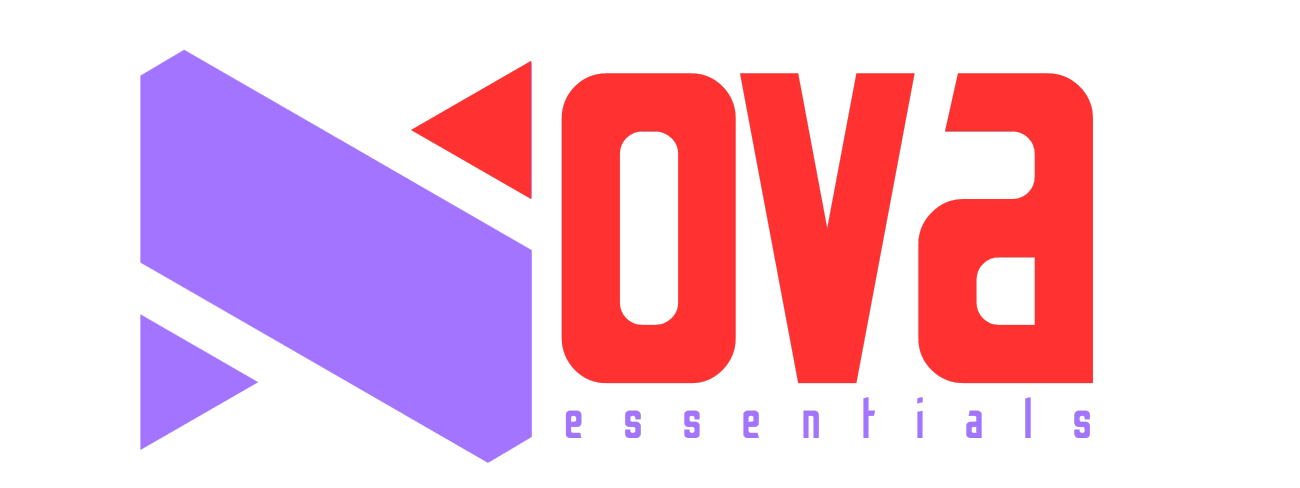
[ad_1]
In June 2022, Amazon re:MARS, the company’s in-person event that explores advancements and practical applications within machine learning, automation, robotics, and space (MARS), took place in Las Vegas. The event brought together thought leaders and technical experts building the future of artificial intelligence and machine learning and included keynote talks, innovation spotlights, and a series of breakout session talks.
Now, in our re:MARS revisited series, Amazon Science is taking a look back at some of the keynotes and breakout session talks from the conference. We’ve asked presenters three questions about their talks, and we provide the full video of their presentations.
On June 27, Simone Severini, director of quantum computing for Amazon Web Services, presented the talk “Quantum physics and computing need to stick together”. His session focused on misconceptions about quantum computing and a high-level view of the scientific opportunities presented by quantum technology.
What was the central theme of your presentation?
A quantum computer is a computer that can encode information in very small objects, like single atoms, for example, and manipulate them one by one to perform calculations. However, before talking about quantum computers, I need to say something about quantum physics, which is the physics of very small objects like atoms or electrons or photons, the components of light. Quantum physics is already a key part of many technologies. For example, nuclear magnetic resonance, or NMR: it only works because of our understanding of quantum physics. Even transistors, the building blocks of computing systems today, could be invented only because we mastered quantum physics. These are all applications of the last century, which were based on understanding physics. Now we want to do more: we want to use quantum physics to our advantage. An area where we can do so are now technologies — for example, quantum computers — that aim to process or transfer information.
In what applications do you expect this work to have the biggest impact?
A good analogy for quantum computers is not a pocket calculator but a telescope. Why? Because quantum computers are primarily a research tool that will allow us to peek deeper into quantum physics and fundamental reality. For the first time in the history of science we can control complex quantum systems with many components. This allows us to study phenomena like entanglement in ways that were impossible before. There is a lot of talk about using future quantum computers to study new materials, new drugs, and even to approach optimization problems applicable to processes and business. But the truth is that it’s still too early to understand what the impact of quantum computer applications will be.
What are the key points you hope audiences take away from your talk?
Quantum computers are an exciting area of research. It’s still early days, but their promise is worthy of attention. These machines haven’t proven to be useful for business problems today. They cannot break encryption today. They are not smaller than conventional computers, even if their components are nanoscopic. Quantum computers won’t replace conventional computers. They don’t provide instantaneous solutions and won’t speed up every problem. Designing algorithms for quantum computers is as hard as it is to articulate useful use cases. But while it’s hard to build quantum computers at scale, there are no provable roadblocks to building them, and we are all looking forward to see what the future holds for us in this area. Right now what we can do is to try accelerating innovation to bring that future closer.
Amazon re:MARS 2022: Quantum physics and computing need to stick together
[ad_2]
Source link







